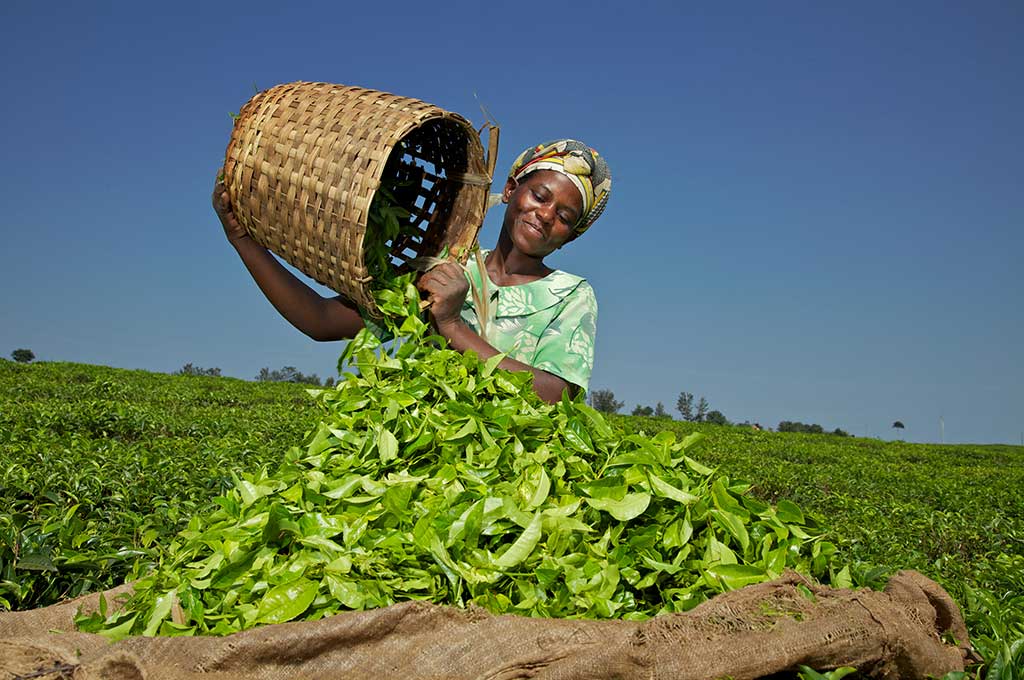
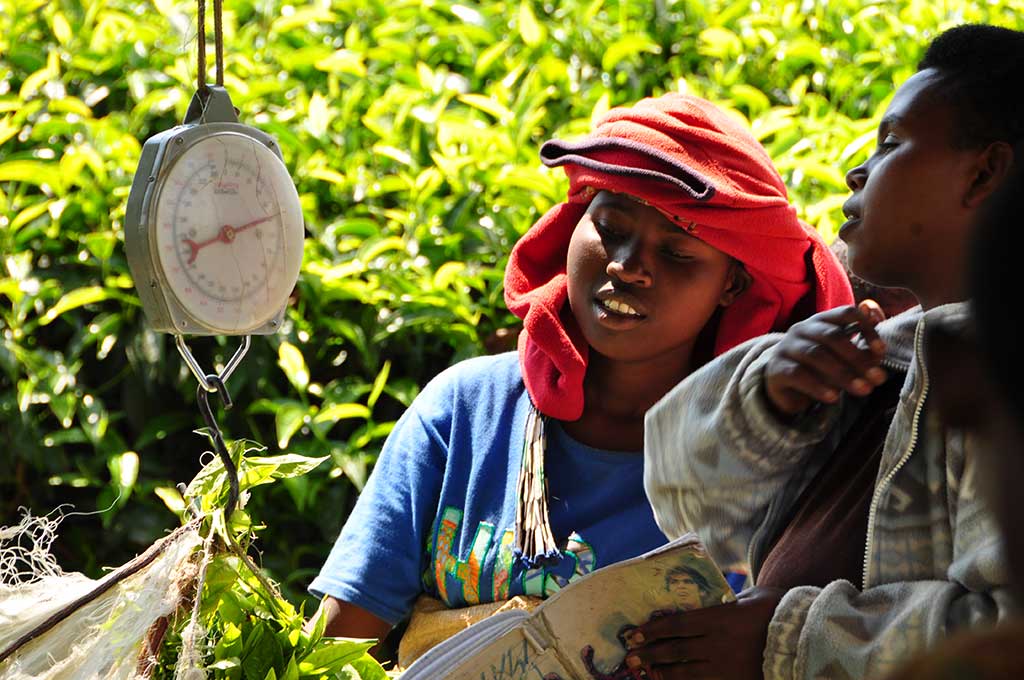
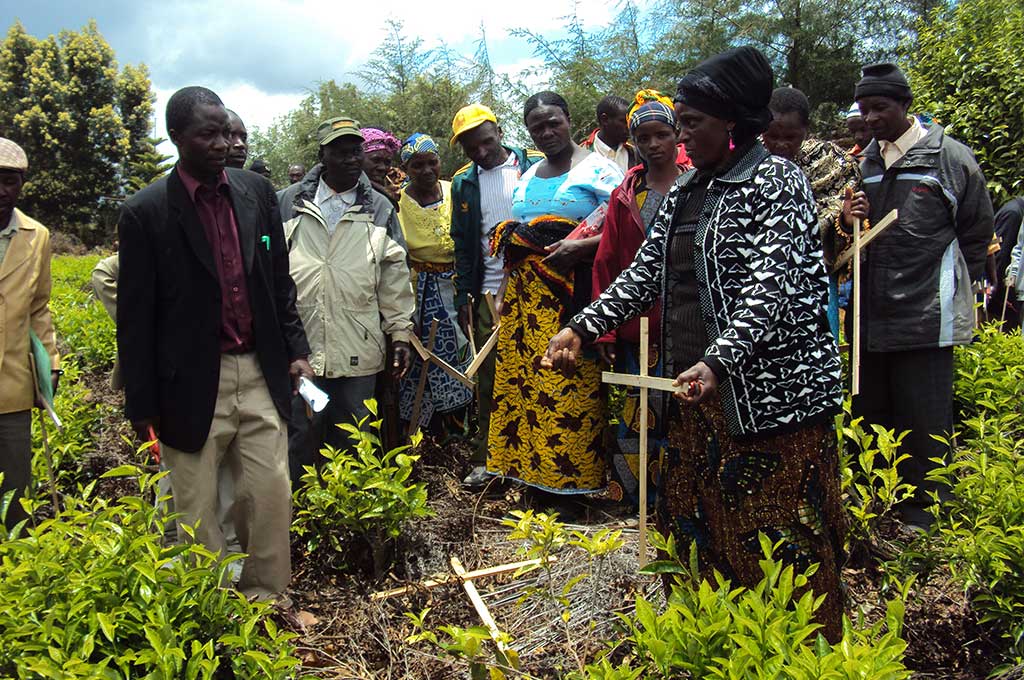
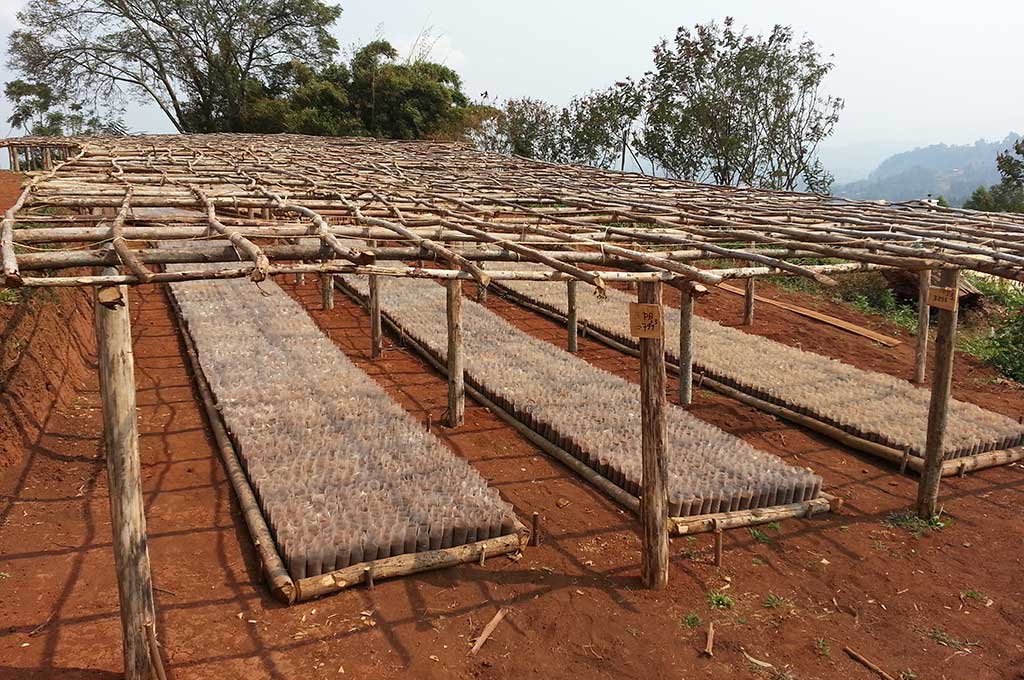
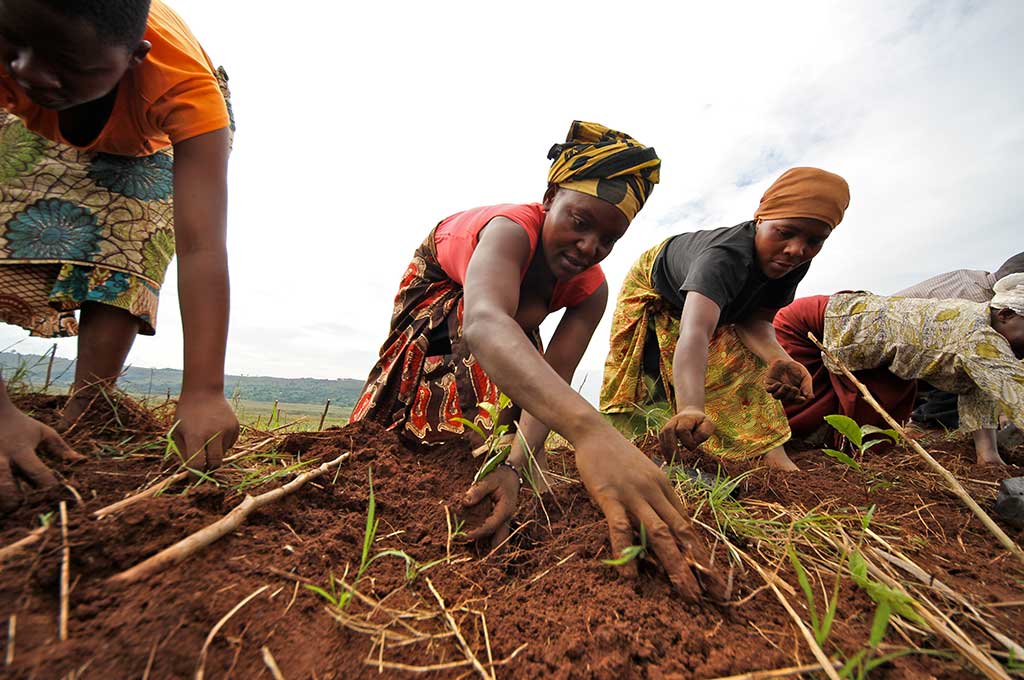
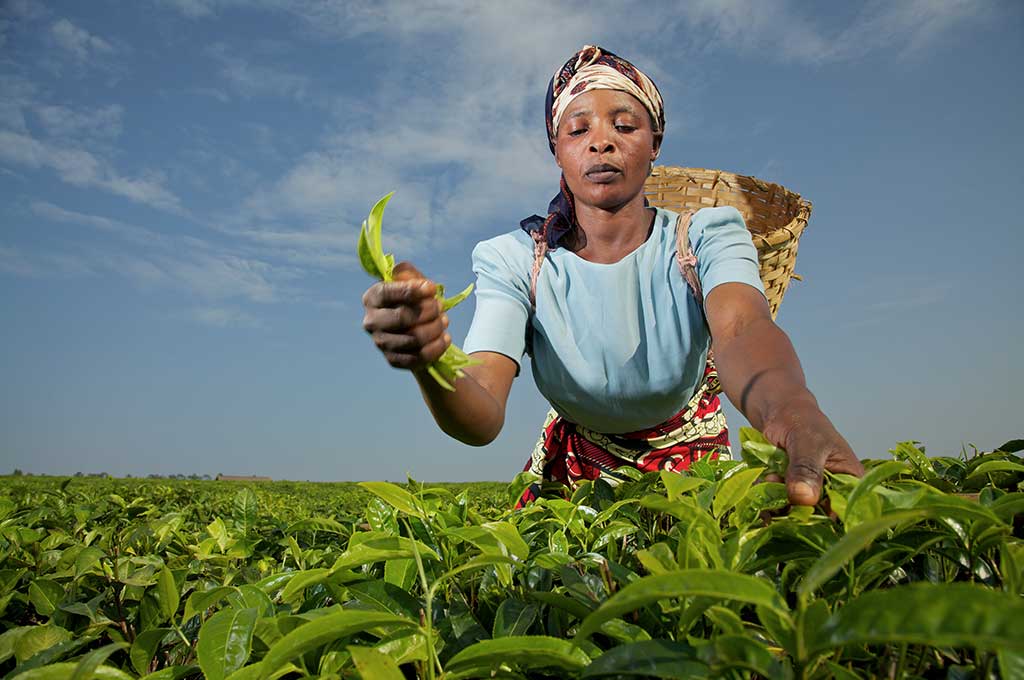
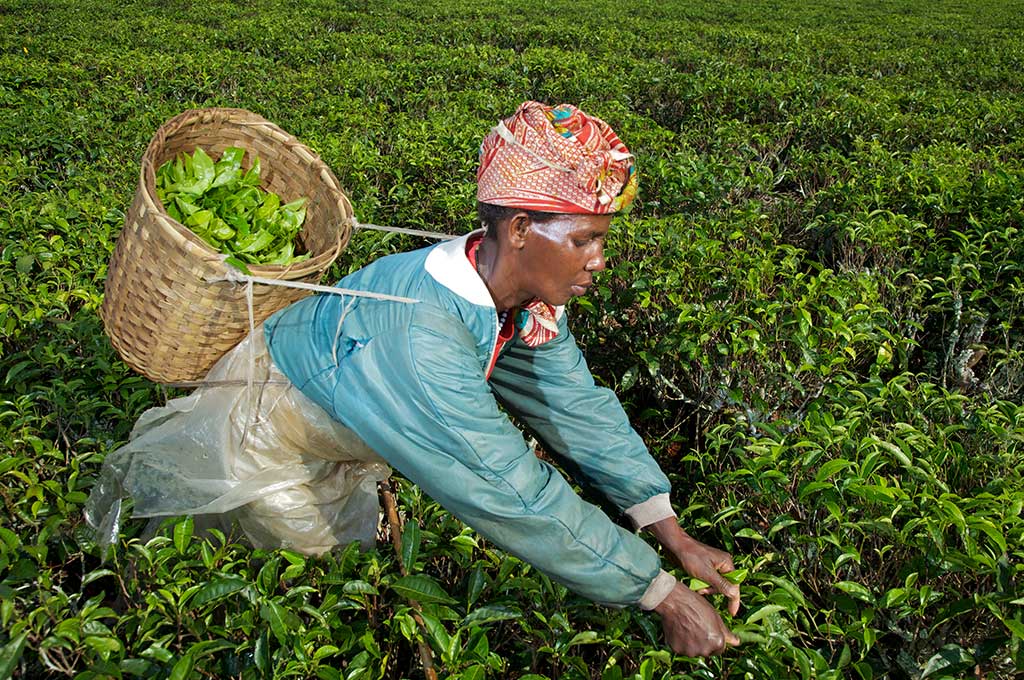
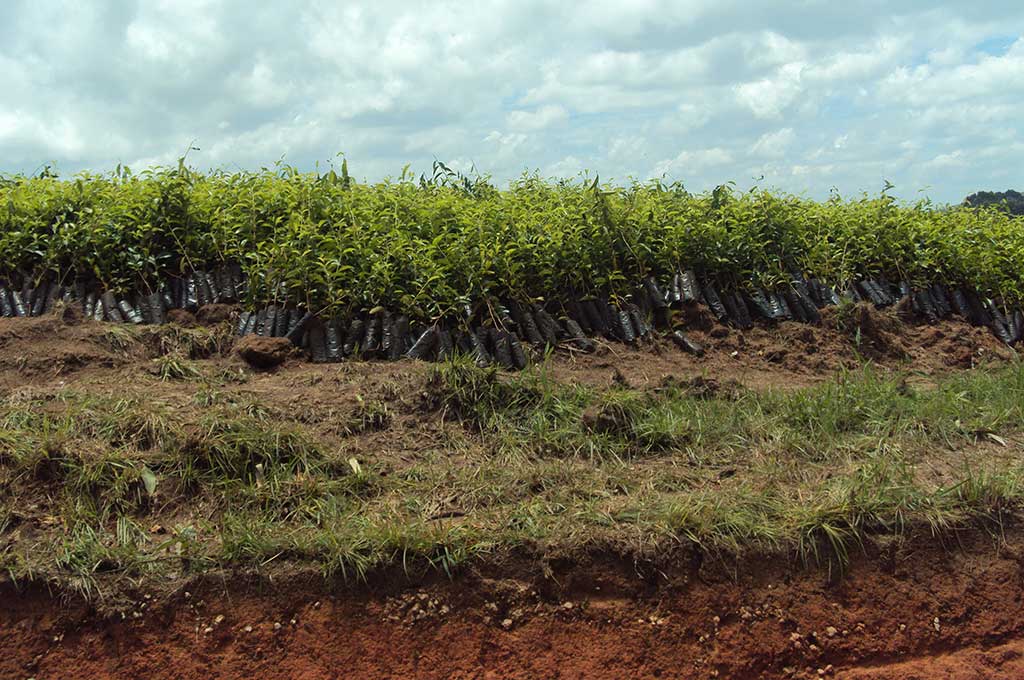
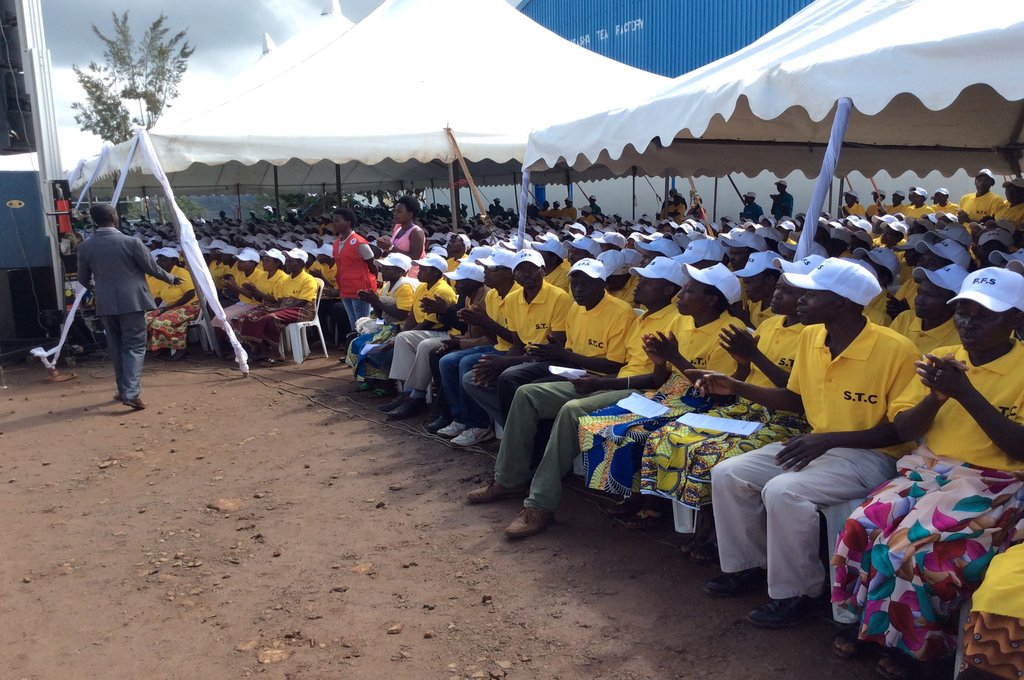
A number of key interventions have previously been undertaken in Rwanda, including support in the areas of restructuring and governance, training and influencing of tea farmers and village tea committees, strategic planning, constitutional changes and re-registration of farmers.
TWFA commissioned a report to map out the full services offered by the tea cooperatives of Mulindi and Shagasha areas and analyse their full organisational structure. This provided a detailed breakdown of the current charges and deductions levied on members of tea cooperatives for services offered.
TWFA provided support to industry bodies set up by the Rwandan Government to represent stakeholder interests in the Rwandan tea industry. The Imbarutso Project believes that a strong tea industry body serves as an effective signal to the Rwanda tea industry if structured efficiently and given a proper mandate.
Under the tea cooperative strengthening project pilot sites for future programmes were investigated and a pilot programme designed for the first year of working with selected cooperatives. These steps were taken to improve cooperative management and agronomic capacity.
TWFA also provided support on cooperative leadership to assist with governance, elections and sustainable transfer of knowledge. In addition, TWFA provided financial management skills in record-keeping, capacity building in financial literacy, minimising the cost of running a cooperative in order to maximise returns to members, transparency in record-keeping, payments to members, regular audits, farmer representation and production logistics.
TWFA and its partners supported a series of activities to provide the industry with an effective long-standing green leaf price setting mechanism by understanding the structure of the Rwandan tea industry from both agronomic and industry structure perspectives.
By understanding successful pricing mechanisms and potential modalities a new market-based payment mechanism could be established that the Rwandan government could implement transparently.

